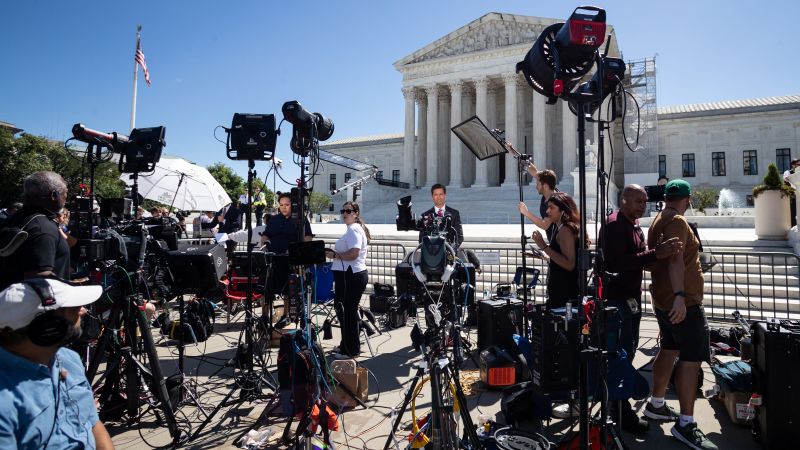In a landmark ruling, the Supreme Court granted former President Donald Trump immunity from prosecution for his actions to overturn the 2020 presidential election, ensuring that his criminal trial will be delayed until after the 2024 election. The decision, made by a majority of conservative justices, establishes a broad “absolute immunity” for presidents for both official and unofficial acts. Chief Justice John Roberts explained that this immunity is necessary to allow presidents to act without fear of prosecution clouding their judgment.
The court emphasized that while presidents are not above the law, they are entitled to some level of immunity for their official actions. This decision has significant implications for how presidents are held accountable for their actions. During oral arguments, Trump’s attorney argued that multiple elements of the indictment against Trump were “private” or unofficial acts, which the court took into consideration.
The court’s ruling also restricts the evidence that can be considered in Trump’s case, nullifying much of the evidence gathered by the House select committee that investigated the events of January 6, 2021. The court also agreed that juries cannot consider a president’s official acts in a prosecution, in order to prevent prejudice based on political views.
Despite the dissenting opinions warning about the dangers of elevating a president above the law, the majority emphasized the importance of protecting the president from political prosecutions and ensuring the effective functioning of the government. The decision has far-reaching implications for how former presidents can be prosecuted for their official acts, setting a precedent for future cases involving presidential immunity.











